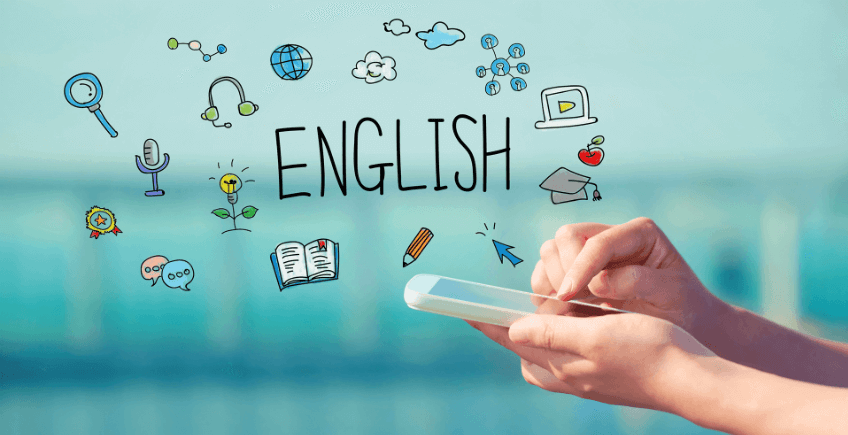El verbo «to be» es uno de los verbos más importantes del idioma inglés
El verbo «to be» es uno de los verbos más importantes del idioma inglés. Se utiliza para expresar el estado de ser, la existencia, la ubicación, la posesión y la identidad.
El verbo «to be» se conjuga de acuerdo con la persona, el número y el tiempo.
Persona
- Primera persona (singular): I am
- Segunda persona (singular): You are
- Tercera persona (singular): He is, She is, It is
- Primera persona (plural): We are
- Segunda persona (plural): You are
- Tercera persona (plural): They are
Número
- Singular: I am, You are, He is, She is, It is, We are, You are, They are
- Plural: We are, You are, They are
Tiempo
- Presente: I am, You are, He is, She is, It is, We are, You are, They are
- Pasado simple: I was, You were, He was, She was, It was, We were, You were, They were
- Presente perfecto: I have been, You have been, He has been, She has been, It has been, We have been, You have been, They have been
- Pasado perfecto: I had been, You had been, He had been, She had been, It had been, We had been, You had been, They had been
- Futuro simple: I will be, You will be, He will be, She will be, It will be, We will be, You will be, They will be
- Presente continuo: I am being, You are being, He is being, She is being, It is being, We are being, You are being, They are being
- Pasado continuo: I was being, You were being, He was being, She was being, It was being, We were being, You were being, They were being
- Futuro continuo: I will be being, You will be being, He will be being, She will be being, It will be being, We will be being, You will be being, They will be being
Ejemplos
- Presente
- I am a student. (Yo soy un estudiante.)
- You are a teacher. (Tú eres un maestro.)
- He is a doctor. (Él es un doctor.)
- She is a nurse. (Ella es una enfermera.)
- It is a dog. (Eso es un perro.)
- We are friends. (Nosotros somos amigos.)
- You are family. (Ustedes son familiares.)
- They are students. (Ellos son estudiantes.)
- Pasado simple
- I was a student. (Yo era un estudiante.)
- You were a teacher. (Tú eras un maestro.)
- He was a doctor. (Él era un doctor.)
- She was a nurse. (Ella era una enfermera.)
- It was a dog. (Eso era un perro.)
- We were friends. (Nosotros éramos amigos.)
- You were family. (Ustedes eran familiares.)
- They were students. (Ellos eran estudiantes.)
- Presente perfecto
- I have been a student for five years. (He sido un estudiante durante cinco años.)
- You have been a teacher for ten years. (Has sido un maestro durante diez años.)
- He has been a doctor for fifteen years. (Ha sido un doctor durante quince años.)
- She has been a nurse for twenty years. (Ha sido una enfermera durante veinte años.)
- It has been a dog for twenty-five years. (Ha sido un perro durante veinticinco años.)
- We have been friends for thirty years. (Hemos sido amigos durante treinta años.)
- You have been family for thirty-five years. (Han sido familiares durante treinta y cinco años.)
- They have been students for forty years. (Han sido estudiantes durante cuarenta años.)
- Pasado perfecto
- I had been a student before I became a teacher. (Había sido un estudiante antes de convertirme en maestro.)
- You had been a teacher before you became a doctor. (Habías sido un maestro antes de convertirte en doctor.)
- He had been a doctor before he became a nurse. (Había sido un doctor antes de convertirse en enfermera.)
- She had been a nurse before she became a dog. (Había sido una enfermera antes de convertirse en perro.)

